I know what you’re thinking. Goddamn, man, do you even remember how to read?! As it happens, I do. I mean, it’s only been three weeks, right? And, being a Stephen King novel, it was pretty darn long, too. But these are basically candy-ass excuses; the truth is, I’ve just been busy with a lot of other things, and therefore reading slowly. I think it is somewhat unlikely that I’ll read 50 books this year, if things keep going the way they are; right now, for example, I’m on track for a mere 36. But, we’ll see!
Plus, I think I have a subconscious inclination to savor Stephen King books, as though each one is probably the last he’ll ever publish. This is almost certainly not the case, and yet it’s the mindset I’ve been stuck in for at least three years now. Well, as much as I don’t want it to be, I think that I could be satisfied if Duma Key actually were the last one. It was just really good in a way that I can already tell will be difficult to express. I think what really got me was how personal the scope of the story was. I mean, maybe it was personal to King, but that’s not what I’m saying, as I’d have no way to guess it. Rather, despite that it spanned a century and irrevocably altered the fates of three families, everything that happened was vital and immediate and kept me engrossed on the behalf of protagonist Edgar Freemantle.
Following a horrific construction-site accident, Edgar leaves his first life behind for an extended stay on Duma Key in Florida, where he hopes to take up drawing, recollect himself, and discover what’s left of him. He could never have dreamed of the talent he will find, and far less of the power with which that talent is imbued or the slumbering evil that inhabits the southern half of the island. Luckily, he also finds real friends to help him through the many trials that lie ahead, some far more dreadful than the accident that brought him to Duma Key in the first place.
Hey, look, it’s a jacket cover! (At least, that’s the kind of thing I imagine that they say.) One of the many cool things about Stephen King is how he effortlessly glides between genres. If you take away the spooky demon-ghost lady and the supernatural paintings, you’d still have the core of one of those feel-good dramas about people putting their lives together again after vast adversity, like what I imagine Stella getting her groove back must have entailed. I have insufficient interest in that kind of story to seek it out, but here it is, right in the middle of my horror novel. By and large, I approve of this; mostly because it provides depth and breadth to what would almost certainly otherwise be a dry well by this time. King understands what terrifies us, sure, but he also understands our essential humanity; as far as I can tell, he always has, and that’s what keeps bringing people back to him, not any temporary frights in the small hours of the night.
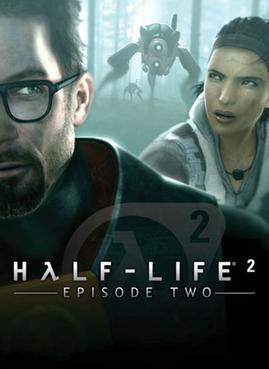 Most of my video game time[1] lately has been spent perusing
Most of my video game time[1] lately has been spent perusing 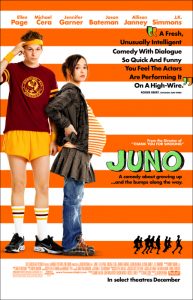 In keeping with a longstanding Shards of Delirium tradition of only watching movies in alphabetical order[1], when I finally made it back to a theater yesterday, I saw
In keeping with a longstanding Shards of Delirium tradition of only watching movies in alphabetical order[1], when I finally made it back to a theater yesterday, I saw 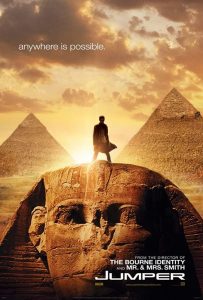 First I was lazy, then I was busy, then I was distracted, then I was sick. Like, a lot sick. Stupid flu. I bet if they’d had the right shot available this year, I wouldn’t have gotten it, is all I’m saying, and then I’d only have three excuses instead of four. (Plus more money, but that’s a separate issue.) Anyway, these problems have conspired to prevent me from finishing a book in practically ages, so I’m alright on that front, but I have seen a couple of movies, one of them weeks ago. So that part is embarrassing, but I shall rectify the issue via a quick review now!
First I was lazy, then I was busy, then I was distracted, then I was sick. Like, a lot sick. Stupid flu. I bet if they’d had the right shot available this year, I wouldn’t have gotten it, is all I’m saying, and then I’d only have three excuses instead of four. (Plus more money, but that’s a separate issue.) Anyway, these problems have conspired to prevent me from finishing a book in practically ages, so I’m alright on that front, but I have seen a couple of movies, one of them weeks ago. So that part is embarrassing, but I shall rectify the issue via a quick review now!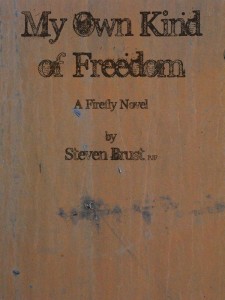
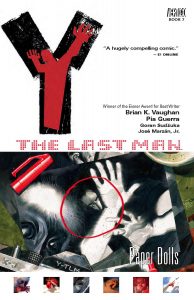 So, I notice that my Y reviews are getting shorter over time. I figure this is in part because it grows harder to avoid spoilers as a series grows in length, and in part because Brian K. Vaughan is doing his level best to delay a conclusion to the series. (Well, in point of fact, it already has concluded or will have within just a few weeks. But I mean as of the time of the current collection,
So, I notice that my Y reviews are getting shorter over time. I figure this is in part because it grows harder to avoid spoilers as a series grows in length, and in part because Brian K. Vaughan is doing his level best to delay a conclusion to the series. (Well, in point of fact, it already has concluded or will have within just a few weeks. But I mean as of the time of the current collection, 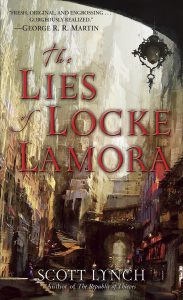 I know it’s early yet, but this year is treating me excellently for books. I suppose the most important factor is the stack of recommendations I sift through these days, which in many ways has been a factor in the improvements my reading list has seen over the past year and more. But both of today’s book and
I know it’s early yet, but this year is treating me excellently for books. I suppose the most important factor is the stack of recommendations I sift through these days, which in many ways has been a factor in the improvements my reading list has seen over the past year and more. But both of today’s book and